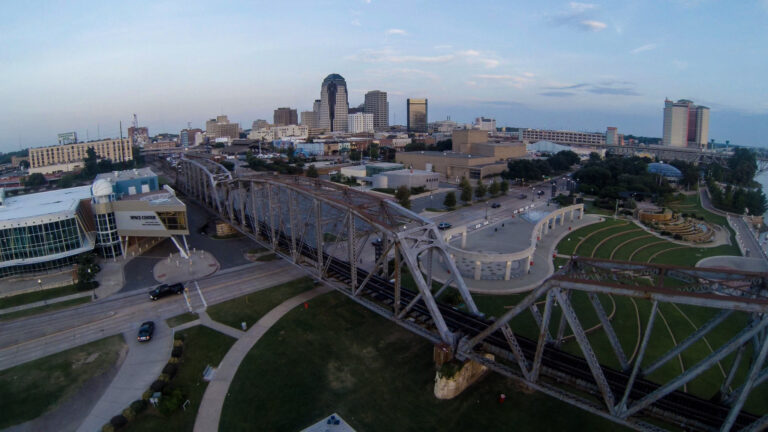(The Center Square) — While Shreveport still needs additional resources for the ongoing water issues, tens of millions in bond funding have been allocated for water projects.
The Center Square spoke with interim Water and Sewer Director Brandon Snead and Water and Sewer Public Information Officer Lyman McKellar about what is happening to combat the water problems throughout Shreveport.
“As of now, a number of critical water and sewer infrastructure projects have been fully or partially funded through the 2024 General Obligation Bond,” said McKellar.
While McKellar did not share an exact number, he did say, “In total, tens of millions of dollars in funding from the bond have been allocated to both drinking water and wastewater projects throughout the city.”
Funded water projects include drinking water booster pump station generators for three sites, rehabilitation of city water towers to improve flow and replacing the Ford Street water line, which is 95% complete.
The last recorded financials for Shreveport are in April and show the Water and Sewer fund revenue budget at $170 million, with year-to-date revenue at $38 million. When looking at the Water & Sewer Enterprise fund, the expenditure budget is also $170 million, with year-to-date expenses and encumbrances at $39.9 million.
According to McKellar, some projects have also been federally funded, including a FEMA Hazard Mitigation Grant for two of the booster pump station generators; $5 million was provided by the Water Sector Program for water storage tank rehabilitation; and the city used funding from the American Rescue Plan to replace the water line on Ford Street.
After recently receiving an F grade for water, Shreveport continues to struggle with a water crisis. The Louisiana Department of Health has since revised the grade to a D, raising the city’s water score from 55 to 65 due to a miscalculation.
Just a week after Snead took the director position, the City Council questioned him about the poor water grade the city received. The main cause for point deductions were infrastructure needs and manganese complaints, according to Snead. McKellar spoke about what is still needed to move forward with the city’s water issues.
“While the bond funding has provided a strong foundation, more resources are still needed to fully address the city’s infrastructure backlog and achieve the goal of raising Shreveport’s water system rating,” said McKellar.
The Department of Water and Sewage is actively pursuing partnerships on the state and federal levels in addition to the 2024 General Obligation Bond funding being used.

